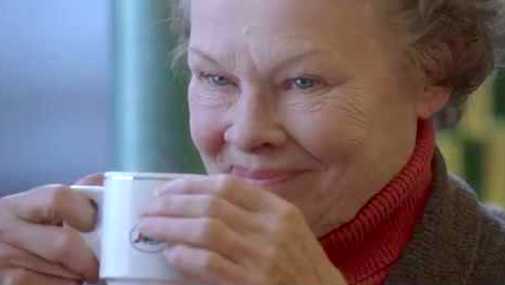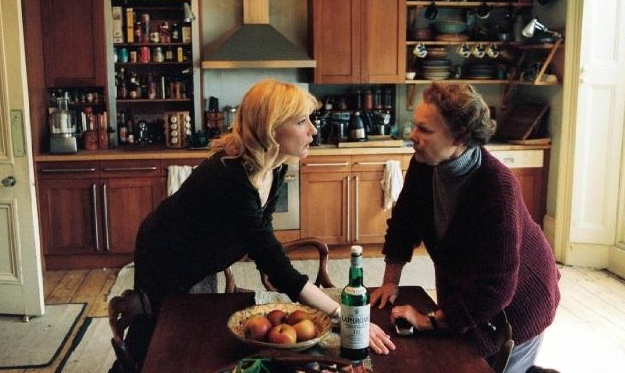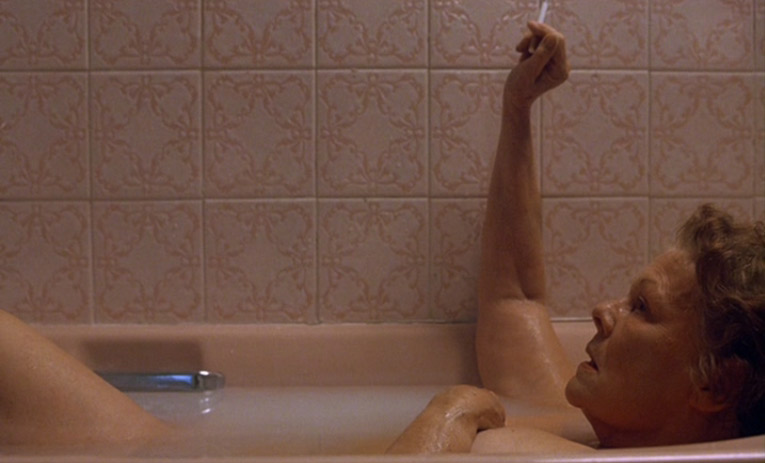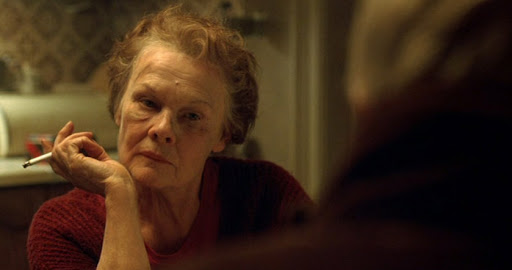by Matt St Clair

Dame Judi Dench is an international treasure. The legendary actress currently has seven Oscar nominations under her belt, having won once in Best Supporting Actress for her role as Queen Elizabeth I in Shakespeare in Love (recently discussed right here at length). Should the stars align, she might add an eighth nomination to her record for her role as the lovable Granny in current Best Picture frontrunner Belfast. Even at 86 years-old, and with her deteriorating eyesight, Dench is still going strong, managing to get quality roles in an industry notoriously unkind to actresses when they reach a certain age and whose names don’t rhyme with Beryl Deep.
Astonishingly, Dench didn’t become an official Academy darling until she reached her 60’s. Up until she joined the James Bond franchise as M in GoldenEye, and earned her first Oscar bid for Mrs. Brown in ‘97, Dench was more of a theater mainstay while working sporadically on film. Yet since that one-two punch, she's been a consistent movie presence with Notes on a Scandal being a high water mark. She deserved to win her the Best Actress Oscar that year...

In the 2006 drama Dench plays Barbara Covett, a schoolteacher nearing retirement who’s unpopular, to say the least, with both students and fellow faculty members. When art teacher Sheba Hart (Cate Blanchett) joins the staff, Barbara latches on and starts a friendship. That friendship morphs into an opportunity for control once Barbara catches Sheba having an affair with an underage student. Through blackmail and gaslighting, Barbara aims to get Sheba caught up in her web for her own personal reasons.

Besides the role of Barbara being a major departure from Dench’s niche of sophisticated period piece women, and her seamless ability to go from piteous to spiteful within moments, another thing that made Dench deserving of the trophy is how rare it is for actresses to win for roles like this. As previously noted in my “complicated woman” piece back in April, AMPAS has a rough history when it comes to rewarding leading actresses for playing schemers or villainesses; Louise Fletcher, Faye Dunaway, and Kathy Bates are the rare exceptions to Oscar's unwritten "likeability" rule.
It’s even rarer to see an actress over 60 being recognized for playing a lesbian villainess. While it isn’t made explicit, it’s still clear through the way she gazes at her, and how Sheba eventually confronts Barbara over her diary entries written about her in the big climactic showdown, that the infatuation Barbara has for Sheba runs deeper than friendship. An infatuation that led to debate over the film’s revival of the “predatory lesbian” trope.
Ultimately, even with Dench’s performance being a rare chance to reward an older actress for a wickedly complex role, fellow Dame Helen Mirren ended up sweeping her way through the season for her work as Queen Elizabeth II in The Queen. Mirren was her usual brilliant self but portraying famous icons shouldn't equal automatic awards sweeping (and it often seems to).
Notes on a Scandal is based on a novel by Zoe Heller and is not a true story. Judi Dench has the more daunting task of interpreting a fictional characterization through her own imagination rather than relying on audio recordings or archival footage of the person she’s playing to fall back on the way actors playing real people do. Dench still is building a character from the ground-up and she does it masterfully.
Thankfully, Dench does have a trophy on her mantle, but in a more just world, Notes on a Scandal would have been her crowning moment.

Notes on a Scandal is now available to rent on Amazon Prime and other services...